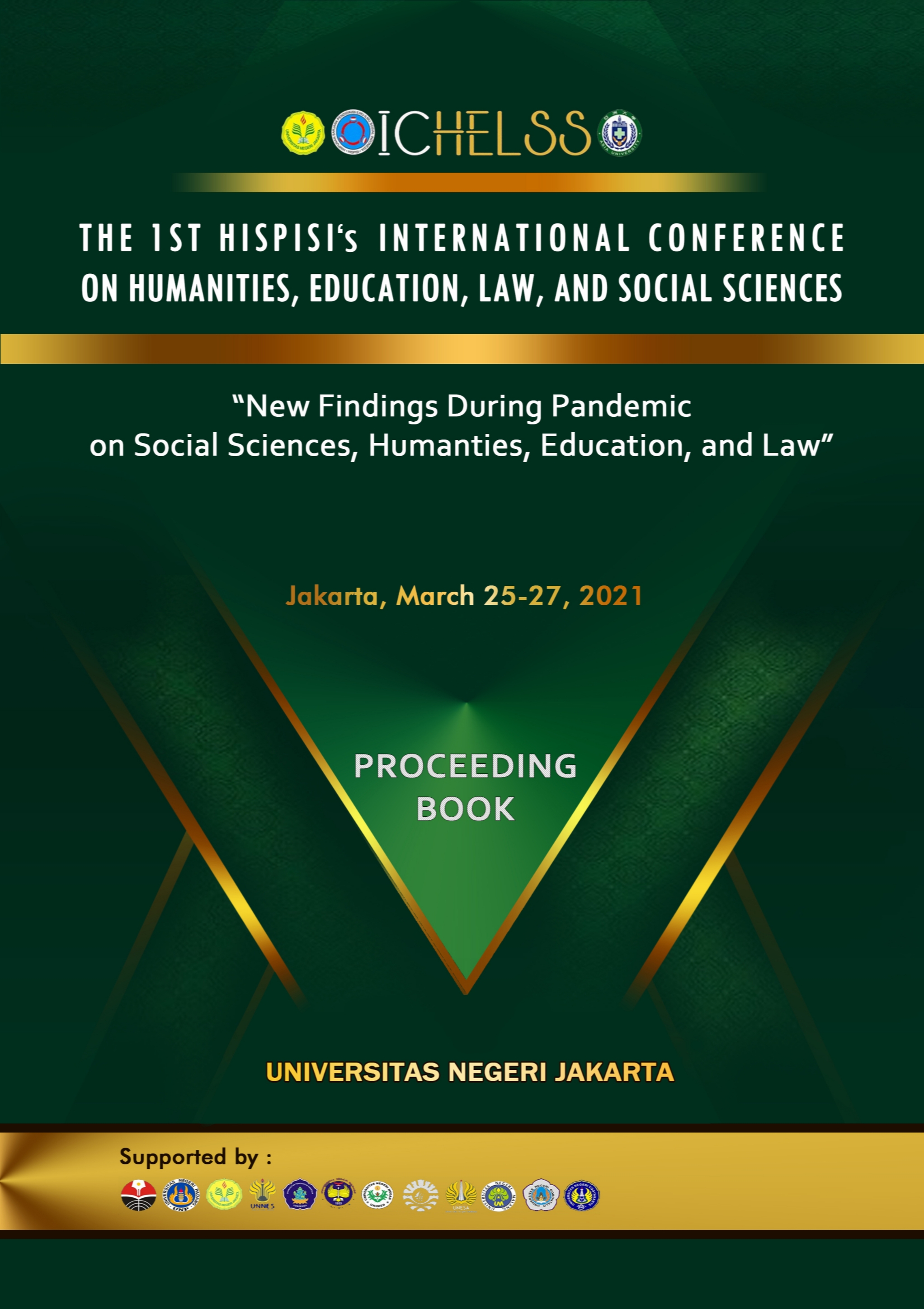The Humanistic Learning Theory as a Learning Approach in Overcoming Students Psychological Problems During the Covid19 Pandemic
Abstract
Humanistic learning theory is a learning theory based on human philosopy and aimed to advocate for basic human needs, so that it was quite relevant whwn juxtaposed with psychological problems that became elements of humanity and life stability, especially during the shift in habits due to the COVID-19 pandemic. This study is aimed to analyse humanistic learning theory as a learning approach in overcoming the sdychological problems of students during the COVID-19 pandemic with a developnental
psycology perspective. This type of research is a qualitative research based on a positivepost sime philosophy. The data collection technique that the writer used the literature review method. The data analysed by descriptive analysis method with phenomenological hermeneutic approach. The results of this study indicate that the
humanistic learning theory in the perspective of developmental psychology in general is able to accommodate the learning process that can give students flexibility in developing their potential without intervention, but full of motivation to foster mental and enthusiasm for learning, namely by strive for a student-centered educational
process itself as the main constituent, and other constituents such as policy makers, teachers, and parents or guardians of students can work together to support a humanist educational process as an effort to suppress the psychological problems of students.
Keywords: Humanistic learning theory, Students psychological problems, The COVID-19 pandemic


